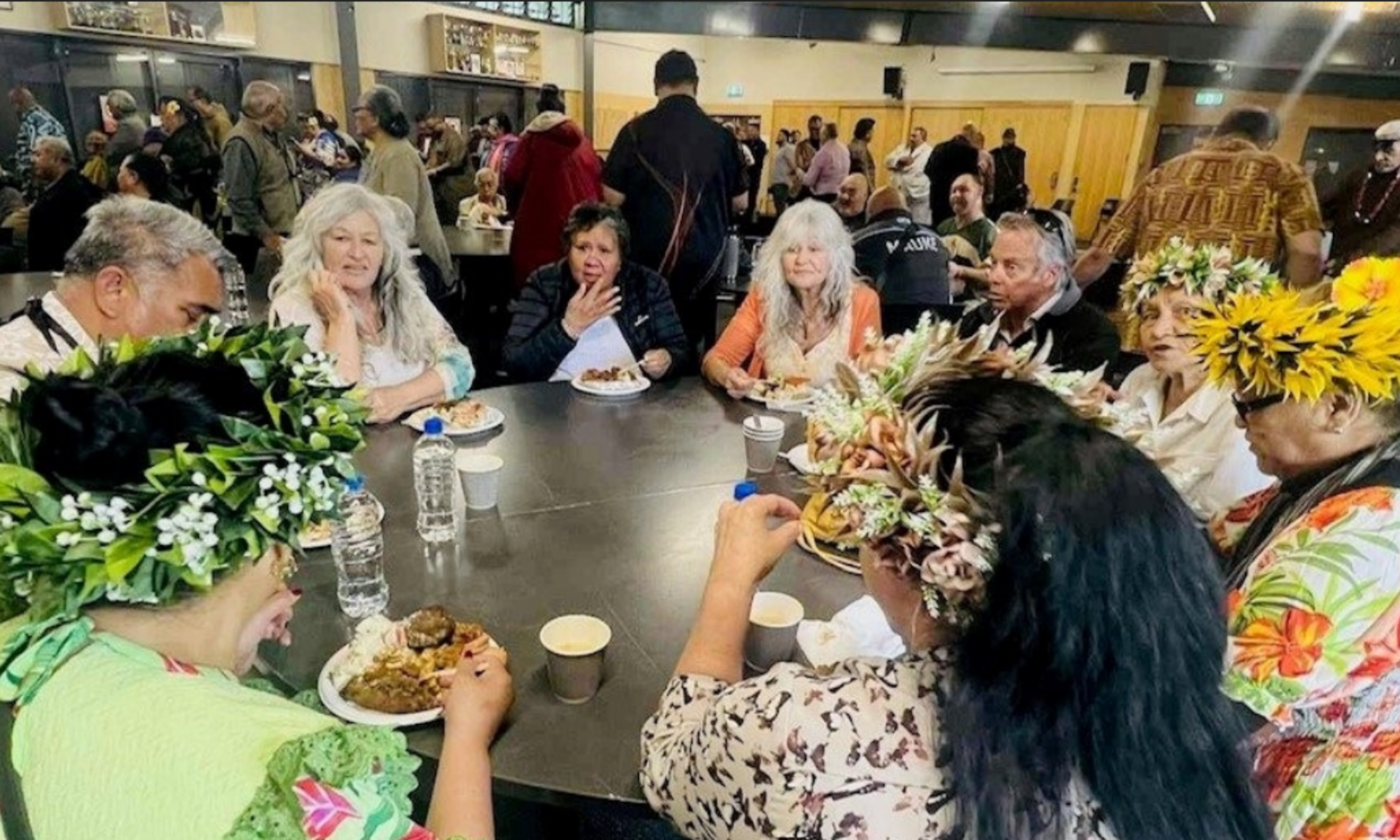

With the free MMR vaccine available for all, Lemalu Semo Sititi says it's important to protect vulnerable populations.
Photo/RNZ/Facebook
Rugby legend urges Pasifika to prioritise measles vaccination
Lemalu Semo Sititi addresses concerns about complacency and the need for community action.

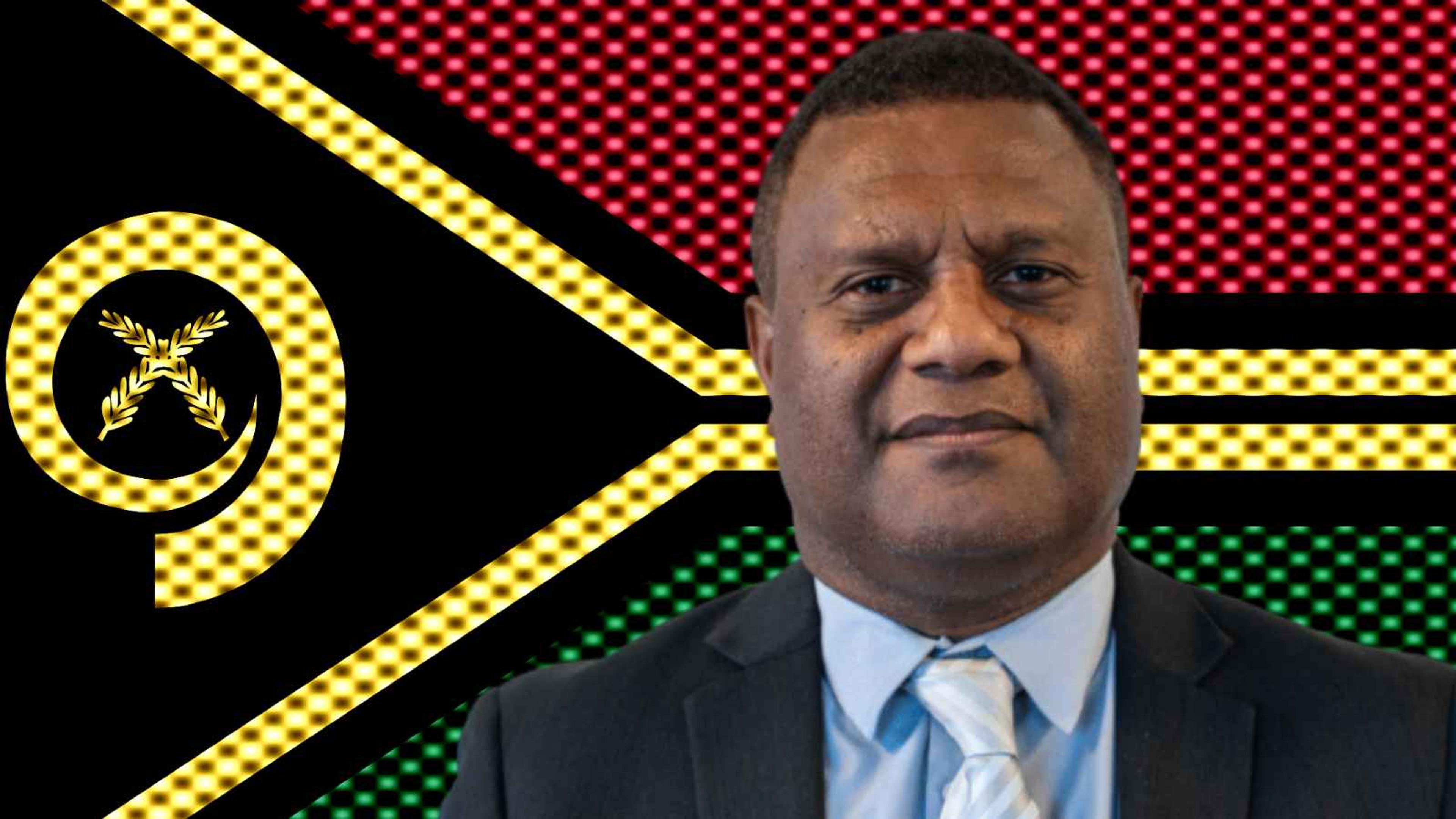
Blacklisting squeeze hits Vanuatu families and businesses, the regulator VFSC warns

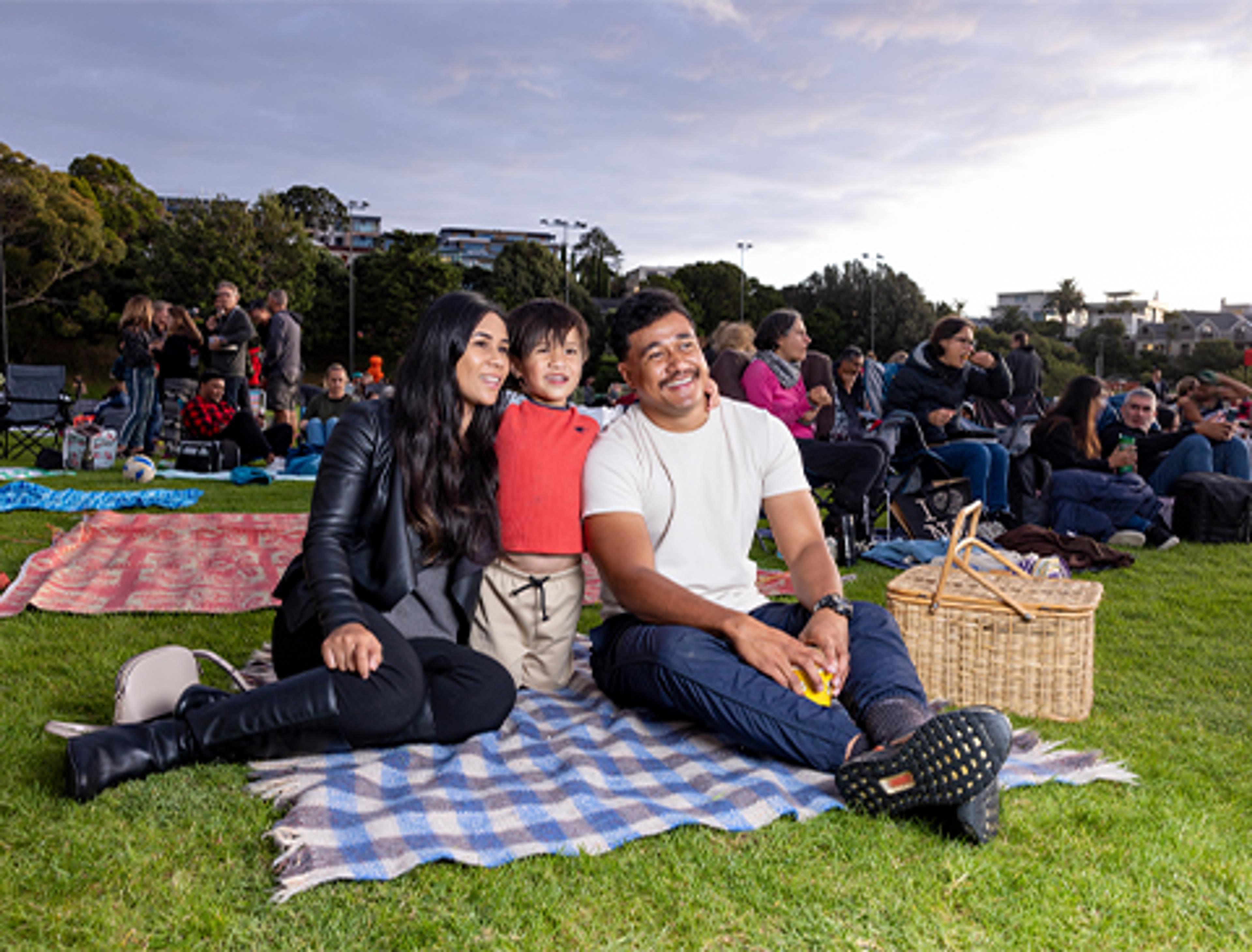
Pack your tissues: Free movies return with Tinā set for South Auckland

Manurewa charity requests $30,000 to keep Pacific seniors monthly gatherings

Blacklisting squeeze hits Vanuatu families and businesses, the regulator VFSC warns


Pack your tissues: Free movies return with Tinā set for South Auckland
Lemalu Semo Sititi, a prominent Sāmoan rugby figure and Pacific regional adviser at the National Public Health Service, is urging Pasifika communities to take the threat of measles seriously.
He says the MMR vaccine, which protects against measles, mumps, and rubella, is available free of charge to everyone in Aotearoa New Zealand.
In an interview with John Pulu on Pacific Mornings, Lemalu explained the importance of vaccination, saying that measles “causes a lot of sickness around our community”.
He highlighted that measles is a highly-contagious disease caused by a virus.
The campaign aims to vaccinate over 80 per cent of the Pacific population, focusing on achieving 85 per cent coverage among two-year-olds.
“It spreads easily when an infected person breathes, coughs, and sneezes,” Lemalu says. “It can cause severe, very severe diseases, complications, and even death. It's important because we have to protect ourselves.
“Measles cases are rising globally, with outbreaks in many other parts of the world, including Australia, Southeast Asia, the United States, and Canada.”
He warns that Aotearoa is at high risk of a measles outbreak, as the number of cases has increased in recent weeks.
“We managed to control that with our CDC nurses and the Pacific Public Health team, experts in contact tracing. We've managed to look after and keep our people where they should be, like quarantine, before they go out to the community.”
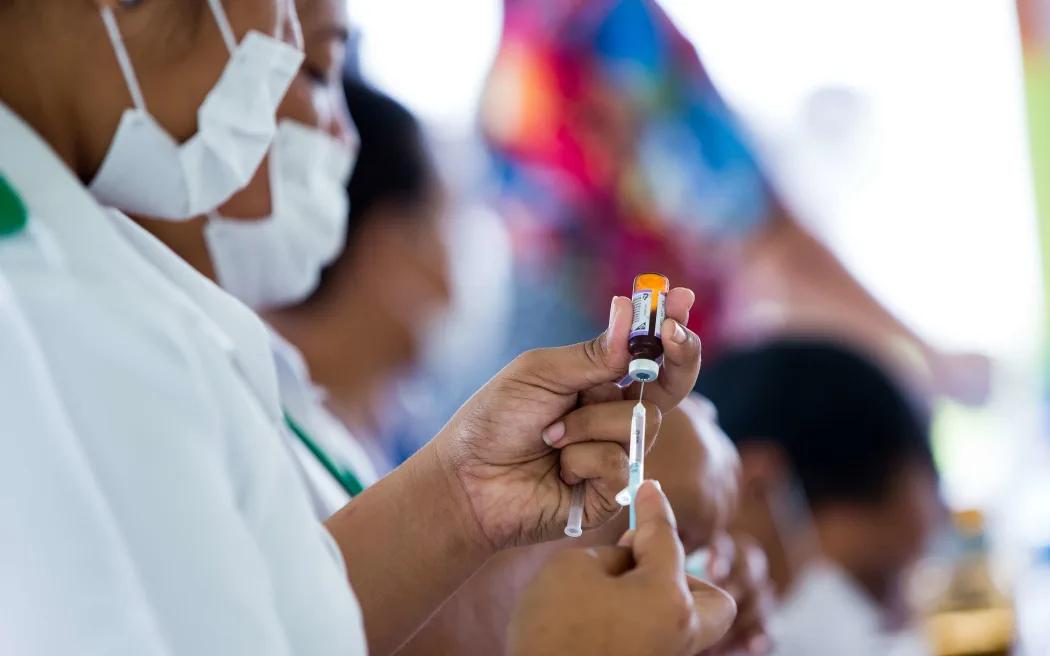
Photo/UNICEF/Allan Stephen
Lemalu recognises that many people “may be tired of hearing health warnings” and become complacent about getting vaccinated.
“That's natural, and some people, and apologies if I say that, and it might affect some listeners, but I think some people don't care about this. It's important to listen, and we're here to encourage them to get vaccinated, because it's spreading to our community. And it's making people very sick, John.
“We need everyone to play their part in stopping it from spreading further, especially to people who are more at risk.”
Following recent cases linked to a boat that travelled around Tāmaki Makaurau Auckland, Lemalu says the situation is starting to stabilise.
“Our team up in the northern region, as I said, is led by Stephanie Eric and even Joan, our charge nurses up in the NPHS and the CTC nurses, who control that well by making contact straight away. We're following up on the situation, and hopefully, by today, we'll clear it up.
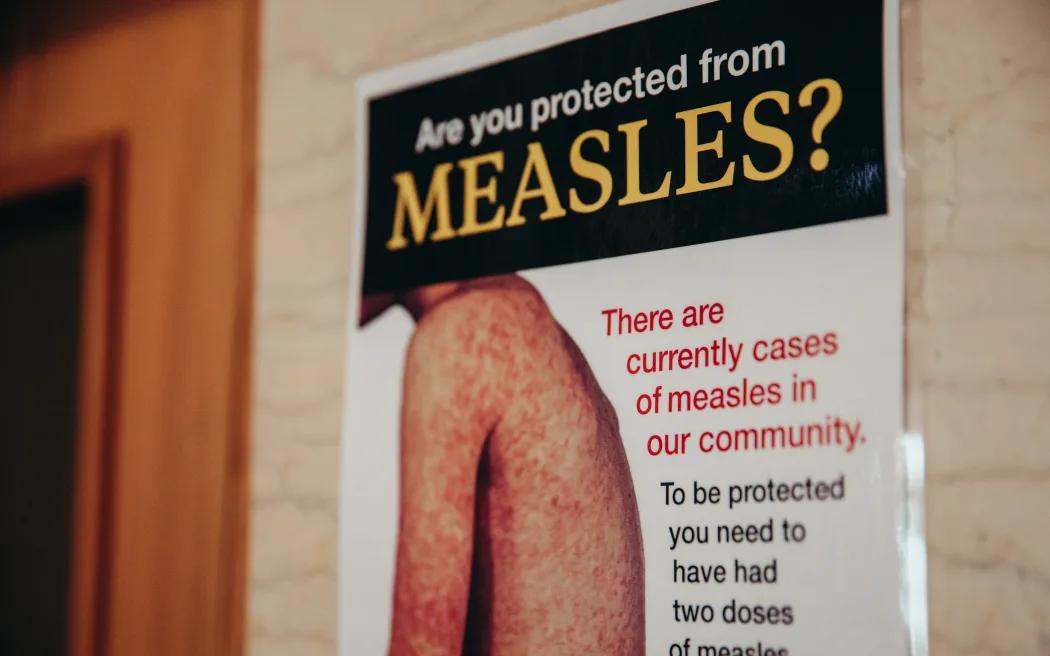
Photo/RNZ/Dom Thomas
“It's only a small number, maybe eight members of families are still in quarantine and probably managed to get out of their quarantine today, which is a good thing, John. I must extend my big fa'afetai to all the families who were part of the close contacts. They managed to come forward for our nurses to clear it up and managed to do their assessments and everything.”
Health New Zealand (HNZ) has contacted hundreds of individuals who were close contacts of the measles case identified in Auckland over the past week, in efforts to contain the virus’ spread. On 11 May, HNZ announced the identification of the measles case linked to overseas travel, which was confirmed on 10 May.
According to the health authorities, measles symptoms include fever, cough, runny nose, and red, watery eyes. A rash typically appears a few days later, starting on the face and spreading down the body. Other symptoms may include feeling generally unwell, fatigue, and in some cases, small white, grey, red or bluish spots inside the mouth.
“Measles is a very contagious viral illness that spreads easily between people and makes most people feel very unwell,” HNZ states. “It can also cause serious health problems, including runny poos (diarrhoea), chest infections and brain swelling.
“About one in three people with measles will need hospital care. The measles vaccine is very effective at preventing measles. Across Aotearoa New Zealand, the level of immunity to measles is very low, as not enough people are fully immunised against the illness. This puts us at high risk of an outbreak.”
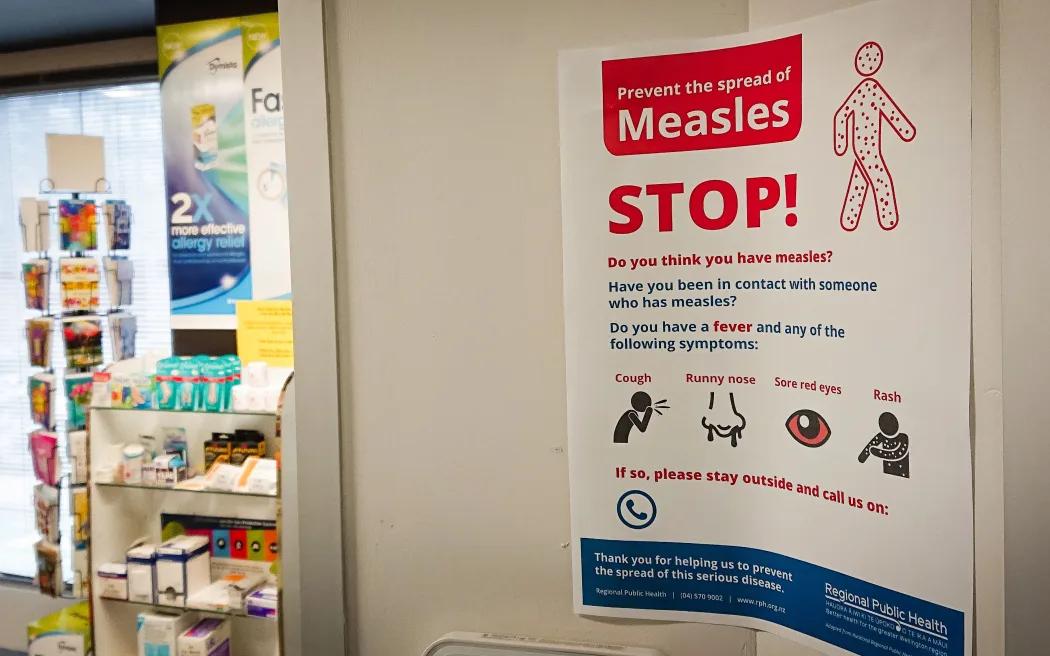
Photo/RNZ/Rob Dixon
Lemalu says, “If you feel you have a fever, cough, runny nose, sore throat, watery eyes, followed by a rash, then you must stay home and get urgent advice.” The doctor observed those symptoms during the checkup.
“You must get urgent advice from your doctor or Healthline, 0800 611 116. Please, if you feel it, do not go to the clinic without calling first, because you may pass measles on to other people at the clinic. So you need to call the clinic before you go. Once you confirm that you've got an appointment, please go.”
Concerns have been raised about the safety of the vaccine. Is it safe for adults to receive the MMR vaccine if they missed it as children?
“If you were born, I think it was 1969, then you're probably safe,” Lemalu says. “But if you don't know that you've done any vaccination so far, it's no harm to get another one. This is the immunisation that gives you the best protection against measles. If you don't know that you've had the vaccine in the past, call your doctor.
“If you don't know you've had a measles vaccine for the whole year, it's no harm. But to have another one is the best protection from measles. Good to be safe.”
Watch Lemalu Semo Sititi's full interview below.
In the past week, health officials in Kiribati and Sāmoa have reported measles cases in their countries.
In 2019, 83 people, mostly children, died due to a measles epidemic in Sāmoa. Lemalu hopes that such a tragedy does not happen again.
“This is why we, Pasifika, are at the forefront to promote and encourage everyone to get the measles vaccine because we don't want that to happen again,” he says. “Back in 2019, our whānau, our young kids, lost their lives because of the measles. This is a good chance to have your measles vaccine. And protection is there."
The World Health Organisation (WHO) warns that the Western Pacific Region faces a significant measles outbreak, marked by a sharp rise in reported cases across multiple countries, including Asia, the South Pacific, Australia, and New Zealand.
The WHO states that the resurgence underscores critical immunisation gaps and highlights the urgent need to strengthen public health interventions.
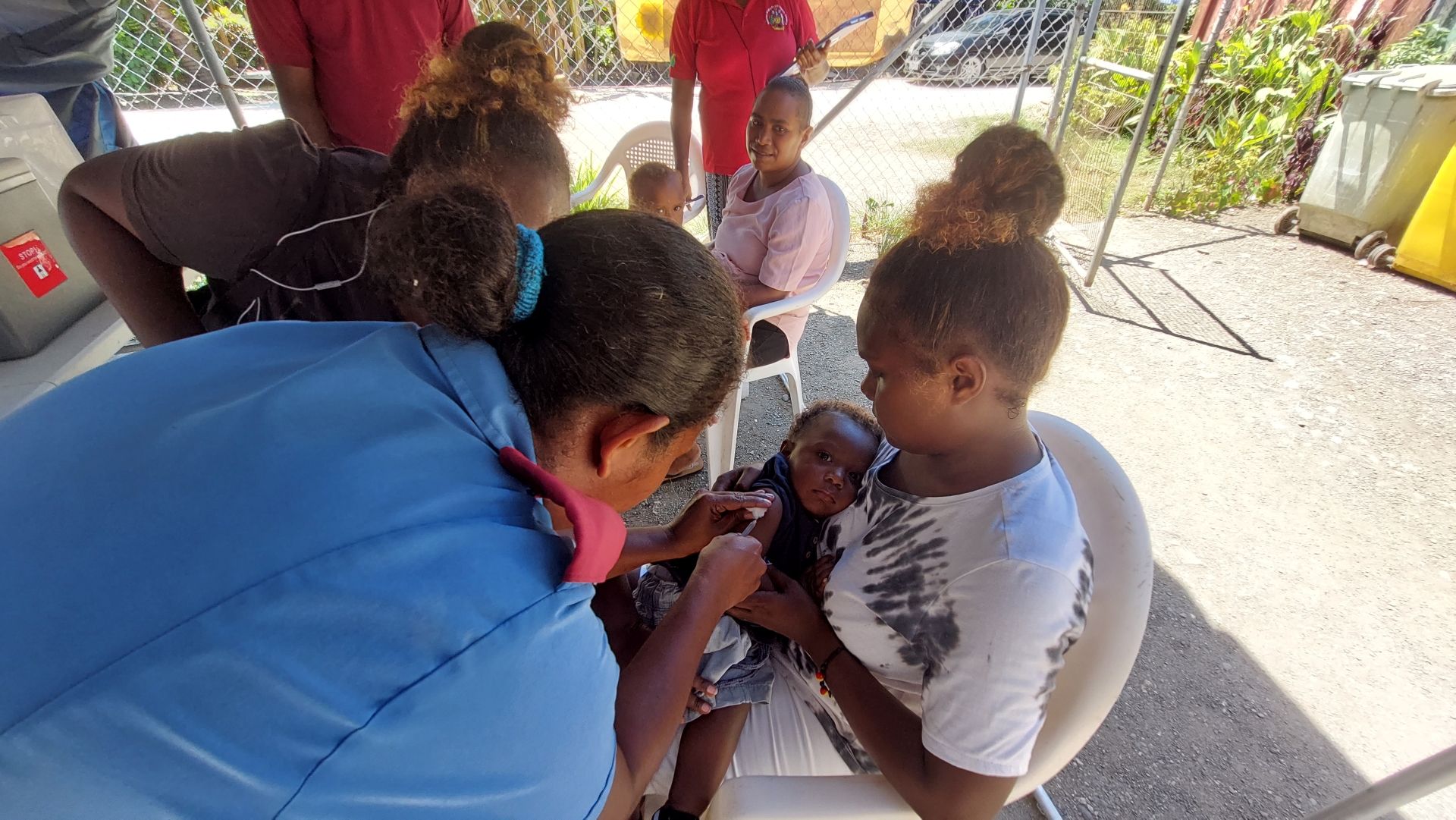
Solomon Islands' health officials are urging call to action against measles and polio. Photo/WHO
Meanwhile, as of 16 May 2025, Papua New Guinea (PNG) has confirmed a polio outbreak, the first since 2018, after detecting two cases of poliovirus type 2 in children from Lae in the Morobe Province.
The WHO says environmental samples from Port Moresby also tested positive for the virus, indicating community transmission.
"Genetic sequencing links the strain to poliovirus circulating in Indonesia," the WHO stated.
"The Ministry of Health and Medical Services (MHMS) in partnership with the World Health Organisation and UNICEF, are working closely together to ensure the protection and safety of every Solomon Islander from these diseases."
The WHO says measles-rubella (MR) coverage in the Solomons stands at 70.1 per cent for the first dose and 60.6 per cent for the second dose - far below the WHO-recommended 95 per cent threshold required to prevent outbreaks.